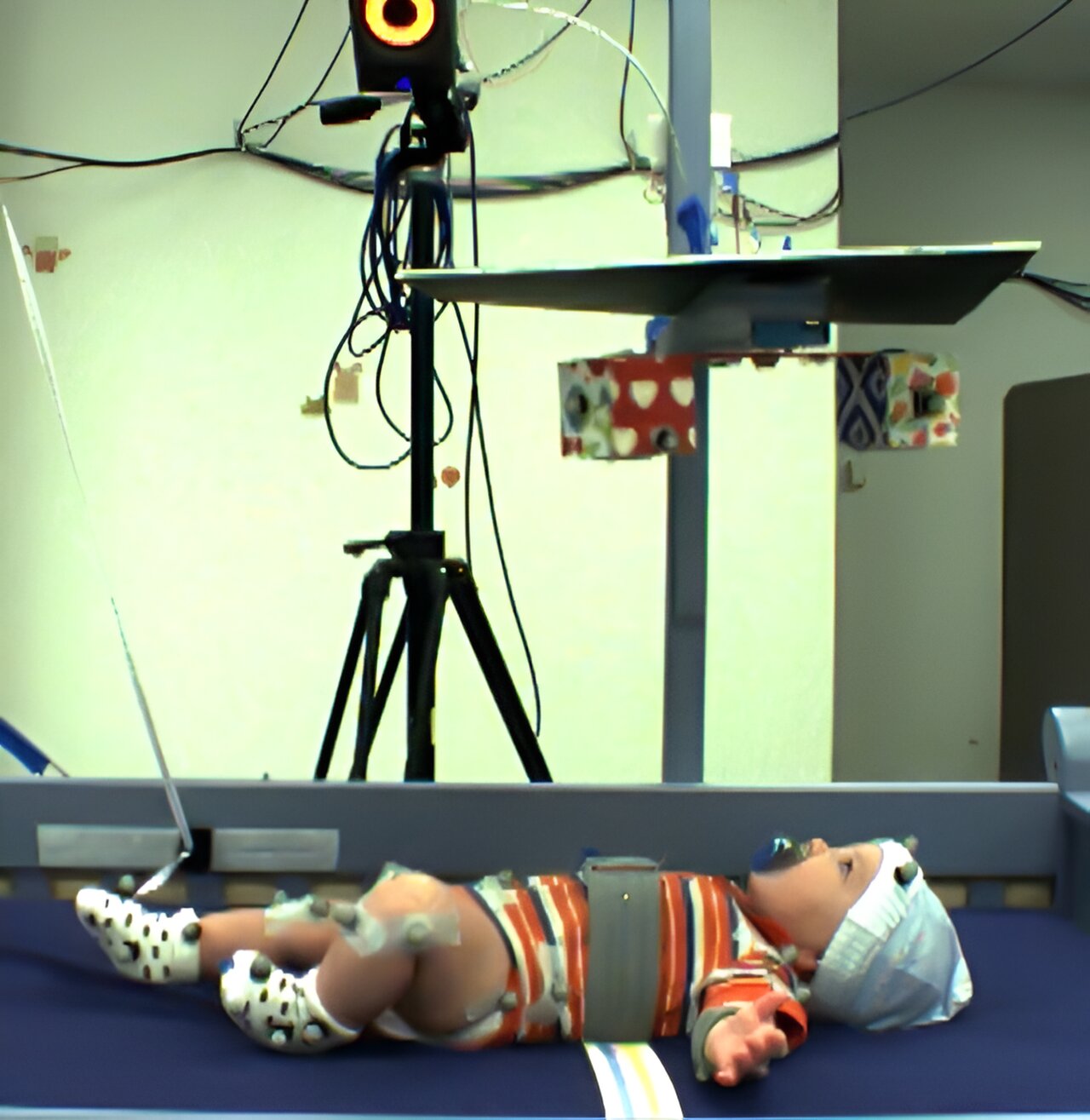Researchers at Baylor College of Medicine, Jan and Dan Duncan Neurological Research Institute (Duncan NRI) at Texas Children’s Hospital and collaborating institutions have gained new insights into the molecular changes leading to Rett syndrome, a severe neurological disorder caused by mutations in the MeCP2 gene encoding methyl-CpG binding protein 2 (MeCP2). The team reports in the journal Neuron that loss of MeCP2 in adulthood causes immediate progressive dysregulation of hundreds of genes — some are activated while others are suppressed — and these changes occur well before any measurable deficiencies in neurological function.
The MeCP2 protein is most highly expressed in neurons — brain cells where, like an orchestra conductor, MeCP2 directs the expression of hundreds of genes. When mutations produce a nonfunctional MeCP2 protein, the conductor is no longer present to direct the harmonious expression of genes needed for normal brain function. The resulting discord in gene expression leads to Rett syndrome.
“In the current study, our goal was to better understand the molecular changes that occur upon loss of MeCP2 function. Previous research has attempted to do this by studying the condition in animals presenting severe symptoms of the disorder. However, it has been difficult to separate the molecular changes caused by loss of MeCP2 from those occurring during development or secondary to sick neurons,” said first author Dr. Sameer S. Bajikar, who was working in the lab of Dr. Huda Zoghbi during most of this project. Bajikar is currently an assistant professor at the University of Virginia.
During the development of an organism, many genes are expressed and repressed — many ‘harmonies’ are played simultaneously creating a complex composition. It can be challenging to distinguish the harmonies emerging from the lack of MeCP2 from the others.
The researchers looked for a way to simplify the complex harmonies so they would be able to identify those coming from MeCP2 dysregulation. Knowing that MeCP2 function is required throughout life, that the MeCP2 director is active during the entire life of an organism, inspired the researchers to focus on adult life, a time past development, when there are no more developmental compositions playing.
“We conditionally deleted Mecp2 in adult mice, which reproduces all the characteristic deficits and premature death observed in male animals in which the Mecp2 is deleted from conception. Then, we systematically assessed gene expression, as well as events involved in gene expression regulation, at multiple times after adult loss of Mecp2,” Bajikar said. “We found that adult deletion of Mecp2 changes the expression of many genes very early after Mecp2 loss, some genes’ expression was increased while others reduced. These gene expression changes became more robust over time and mirrored those of the Mecp2 germline knockout mice. These data revealed a molecular cascade that drives disease independent of any developmental contributions — we were able to identify the ‘harmonies’ coming from MeCP2 dysregulation.”
The team also found that both the persistently up- and down-regulated genes were highly tagged with methyl chemical groups. Cytosine methylation within and near genes regulates their expression. Many of the genes dysregulated due to MeCP2 loss are directly related to neuronal function, and some of these genes have been directly shown to modulate MeCP2-driven disease.
A key finding from this study is that neuronal circuit-level deficits occurred after gene expression dysregulation, suggesting Mecp2 deletion leads to bidirectional dysregulation of gene expression first and that in turn contributes to reduced neuronal function.
“Our data also provide a resource to identify genes dysregulated downstream of MeCP2, but upstream of circuit-level deficits and are critical for proper neuronal function. These genes warrant further study,” said Zoghbi, Distinguished Service Professor at Baylor, director of the Duncan NRI and a Howard Hughes Medical Institute investigator.
“Lastly, our data demonstrate that there is a window of time when molecular events downstream of MeCP2 are occurring, but before overt physiological consequences are measurable,” Zoghbi said. “Investigating specific changes during this window will be important for fully characterizing the trajectory of molecular events leading to Rett syndrome.”
Jian Zhou, Ryan O’Hara, Harini P. Tirumala, Mark A. Durham, Alexander J. Trostle, Michelle Dias, Yingyao Shao, Hu Chen, Wei Wang, Hari K. Yalamanchili, Ying-Wooi Wan, Laura A. Banaszynski and Zhandong Liu also contributed to this work. The authors are affiliated with one of more of the following institutions: Baylor College of Medicine, Jan and Dan Duncan Neurological Research Institute at Texas Children’s Hospital and UT Southwestern Medical Center, Dallas.
This work was supported by grants from the Eunice Kennedy Shriver National Institute of Child Health and Development (F32HD100048, R01HD109239, U54HD083092), National Institute of Neurological Disorders and Stroke (R01NS057819, K99/R00NS129963), National Institute of General Medical Sciences (R35GM124958), The Welch Foundation (I-2025), American Cancer Society (134230-RSG-20-043-01-DMC), Duncan NRI Zoghbi Scholar Award through Texas Children’s Hospital, the International Rett Syndrome


